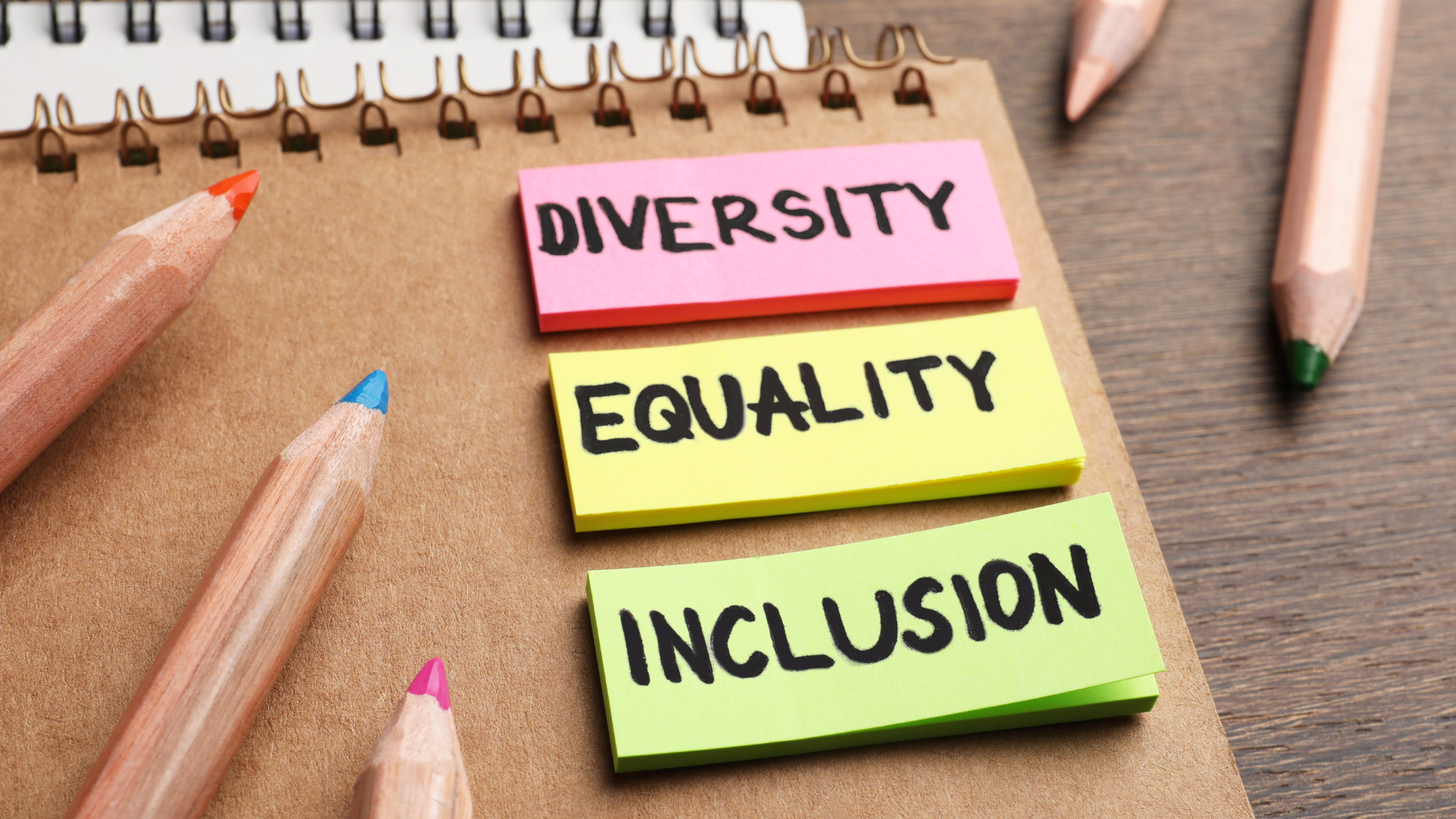Australian Working Holiday Visa's 6 Months Restriction: Questions & Pitfalls

DISCLAIMER: *This blog is intended for general advice only. Please seek advice from your migration agent for your specific circumstances
Australia makes for an amazing destination to visit, and many visitors think of the 417/462 working holiday visa as a solution to stay in Australia while also generating an income. At people2people, working holiday makers make for a significant and welcome section of our temporary workforce, but often questions are posed to us about the working restrictions of this visa. Below are some brief – and hopefully clear – points for candidates, clients and agencies on what can and can't be done on a working holiday visa.
How long can I work with one employer?
Six months. Well, that seems pretty clear, but the questions I often get asked are along the lines of, 'Is that full time or part time?' or, 'What if I take a holiday during that time?' The six months is calculated from calendar commencement date to calendar end date. Bottom line. Trying to say you only worked three days per week in an attempt to 'stretch out the six months' definitely will not fly with the Australian Department of Immigration. Leaving and coming back is possible but will be scrutinised and has to be within reason. You can finish with an employer after, say, two months, travel for two months and then return as there was no continuous employment relationship.
On the other hand, if you take small breaks (like annual leave, long weekends, etc.) but remain in a continuous employment relationship, then that counts toward the six months. Training is also considered 'work'. So if your employer sends you off to be trained for two weeks, don't think you can return and add those two weeks on to the end of your six months.
What about a second year Working Holiday Visa?
Most people know a second year working holiday visa (available to those on a 417 visa but not a 462 visa) allows you to potentially continue employment with the same employer – six months on the first visa, six months on the second. What most people DO NOT KNOW is that the second year work restrictions reset once the second year working holiday visa is granted , not when the first twelve months are completed. For example, Mary has a first year working holiday visa from 5th January 2016 – 5th January 2017. However, she applies and is granted her second year working holiday visa (which will take her until 5th January 2017) early on 1st October 2016. This makes the first visa 01/01/2016 - 30/09/2016 and the second visa 01/10/2016 – 05/01/2018. Mary can live and work in Australia for 24 months but can still only work for one employer for six months on each visa (the second taking effect in October, not January, as most people believe). TIP : If you're applying for a second year visa, once you have everything lined up, delay having this visa granted until as late as possible.
What is 'one employer' anyway?
The good news here is you can work as a temp/contractor for people2people for the entire 24 months! Many working holiday makers, or those playing it ultra safe, try to change between agencies every six months. As far as the Department of Immigration is concerned, your employer is the 'end user' who is benefiting from your services. This allows a recruitment agency to place you multiple times into multiple end users, as long as you do not exceed six months with any one 'end user'. There are a couple of things to be aware of here – you can't work at XYZ Pty Limited for six months through one agency and then another six months through another agency, as the end user is the same, being XYZ Pty Limited. You can't work for XYZ for six months and then its subsidiary ABC if you're undertaking the same job! It all comes out in any subsequent visa applications (e.g. applying for PR or sponsorship from a 417 visa). There are exceptions to the one employer requirement in some states and territories, usually with regards to some specific government employers, but it's essential to check this with immigration.
Can my six months be extended with one employer?
Yes, in certain, usually exceptional circumstances, you can apply for and be granted an extension to remain with one employer. You do however, need written permission from the Department of Immigration and Border Protection. If you have any questions or concerns about your working holiday visa and employment status, it's always best to speak with a migration professional (please note: we are NOT immigration experts, and you should only EVER take advice from the Department of Immigration or a qualified immigration professional). If you're available and looking to secure work on your 417/462 visa, then please don't hesitate to contact us at people2people.
Find the job you love I Find the right talent
Get in touch with people2people
Australia
I
United Kingdom
In business since 2002 in Australia, NZ, and the United Kingdom, people2people is an award-winning recruitment agency with people at our heart. With over 12 offices, we specialise in accounting and finance, business support, education, executive, government, HR, legal, marketing and digital, property, sales, supply chain, and technology sectors. As the proud recipients of the 2024 Outstanding Large Agency and Excellence in Candidate Care Awards, we are dedicated to helping businesses achieve success through a people-first approach.
Recent articles





Latest Media Features
List of Services
-
Dry promotions': Australian employees given new titles with no pay hikeDry promotions': Australian employees given new titles with no pay hike
Human Resources Director
Janurary 10, 2025 -
People2people Recruitment Reveals Top 25 Career Tips for 2025People2people Recruitment Reveals Top 25 Career Tips for 2025
Global Travel Media
Janurary 6, 2025 -
Navigating 2025: Top tips for evolving Australia jobsNavigating 2025: Top tips for evolving Australia jobs
IT Brief Australia
Janurary 1, 2025
List of Services
-
Dry promotions': Australian employees given new titles with no pay hikeDry promotions': Australian employees given new titles with no pay hike
-
People2people Recruitment Reveals Top 25 Career Tips for 2025People2people Recruitment Reveals Top 25 Career Tips for 2025
-
Navigating 2025: Top tips for evolving Australia jobsNavigating 2025: Top tips for evolving Australia jobs
Get in touch
Find out more by contacting one of our specialisat recruitment consultants across Australia, New Zealand, and the United Kingdom.
Copyright © 2025, people2people
people2people acknowledges the Traditional Custodians of country, pays respect to their Elders past and present, and extends that respect to all Aboriginal, Torres Strait Islander and Māori peoples today.
people2people partners with CarbonInvoice to measure and mitigate any carbon emissions associated with the work we do.
Specialisations
Locations
Resources

